However, as Fox News noted, the revised USA Fencing policy does not specify how it will be enforced — such as whether athletes will face mandatory sex testing or be required to present a birth certificate. Opponents of transgender inclusion warn that some trans women could still compete if their birth certificates have been amended to reflect their gender identity.
U.S. Olympic Committee Bans Trans Women from Female Sports
The USOPC now requires all sports federations to ban transgender women from female events, aligning with a Trump executive order.

The United States Olympic & Paralympic Committee has changed its eligibility rules to bar transgender women from competing in female-designated sporting events, aligning with an executive order issued by President Donald Trump in February.
The new rule, outlined in the committee’s “Athlete Safety Policy,” offers few details about how the transgender ban will be enforced. It does not use the word “transgender,” and refers to Trump’s executive order only by its number, not by its title, “Keeping Men Out of Women’s Sports.”
“The USOPC is committed to protecting opportunities for athletes participating in sport,” the policy reads. “The USOPC will continue…to ensure that women have a fair and safe competition environment consistent with Executive Order 14201 and the Ted Stevens Olympic & Amateur Sports Act.”
The policy requires all national governing bodies of sports in the United States to adopt their own bans on transgender participation.
As reported by The New York Times, in a letter from USOPC CEO Sarah Hirshland and President Gene Sykes, sent by email to the Team USA Community, the committee acknowledged that its policy had changed following a “series of respectful and constructive conversations with federal officials.”
According to The New York Times, the committee acknowledged in an email to the Team USA community that its policy had changed following a “series of respectful and constructive conversations with federal officials.” The message came in a letter from USOPC CEO Sarah Hirshland and President Gene Sykes.
“As a federally chartered organization, we have an obligation to comply with federal expectations,” the letter said, adding that the USOPC will work with individual sport governing bodies to implement the new policy.
Under the policy, transgender women athletes will only be allowed to compete in the men’s category for their respective sports. Intersex athletes, transgender men — despite being biologically “female” — and nonbinary athletes assigned male at birth will also be restricted to the men’s category.
If the USOPC fails to enforce or comply with its stated policy, a provision in the Ted Stevens Olympic & Amateur Sports Act allows Congress to dissolve the USOPC board of directors and decertify national governing bodies, citing the need to ensure “safety” for cisgender female athletes.
USA Fencing was among the first national governing bodies to post a new policy for transgender athletes, replacing its previous guidelines — which allowed athletes to register “as the gender in which they identify” and required trans women to undergo a year of testosterone suppression — with a rule that only permits “athletes who are of the female sex” to compete in women’s competitions. The policy takes effect on August 1.
USA Fencing announced in April that it planned to push for restrictions on transgender competitors after the organization became embroiled in controversy over its earlier policy allowing athletes to compete based on gender identity.
In April, women’s fencer Stephanie Turner kneeled in protest after being required to compete against a transgender opponent at a Maryland competition. She was disqualified and given a black card for refusing to participate, prompting backlash against USA Fencing for not having a ban in place. Turner later testified at a congressional hearing held by the Department of Government Efficiency Subcommittee on transgender participation in female-designated sports.
USA Fencing CEO Phil Andrews told the New York Times that the organization would not challenge the USOPC policy, noting that national governing bodies are required to comply — although he acknowledged the policy change was driven by political pressure.
Andrews added that it remains unclear how the policy will be implemented in states like Minnesota and California, which are defying Trump’s executive order, or how individual sporting bodies might respond. Some sports, he noted, may introduce an “open” or “mixed gender” category — where anyone can compete — either in place of a men’s division or as a third option alongside men’s and women’s categories.
The International Olympic Committee has not adopted an across-the-board ban on transgender athletes in female-designated competitions. Instead, it currently allows each sport’s international federation to decide if and how transgender athletes may compete.
Several international federations — including World Athletics (track and field), UCI (cycling), World Aquatics (formerly FINA), and the World Boxing Council — have instituted bans, with the latter two exploring the creation of an “open” category or a separate transgender division. Other sports bodies, however, have been more hesitant to adopt blanket bans on trans athletes.
However, several Olympic leaders believe the IOC will soon impose a blanket ban on transgender competitors in women’s sports, now that the organization is under new leadership. Kirsty Coventry, an Olympic gold medalist swimmer from Zimbabwe, pledged to protect women athletes as part of her campaign.
Coventry took office last month, stating there was “overwhelming support” for a ban. She announced that a task force of scientists and international federations would be formed to craft a new athlete eligibility policy.
Support Metro Weekly’s Journalism
These are challenging times for news organizations. And yet it’s crucial we stay active and provide vital resources and information to both our local readers and the world. So won’t you please take a moment and consider supporting Metro Weekly with a membership? For as little as $5 a month, you can help ensure Metro Weekly magazine and MetroWeekly.com remain free, viable resources as we provide the best, most diverse, culturally-resonant LGBTQ coverage in both the D.C. region and around the world. Memberships come with exclusive perks and discounts, your own personal digital delivery of each week’s magazine (and an archive), access to our Member's Lounge when it launches this fall, and exclusive members-only items like Metro Weekly Membership Mugs and Tote Bags! Check out all our membership levels here and please join us today!







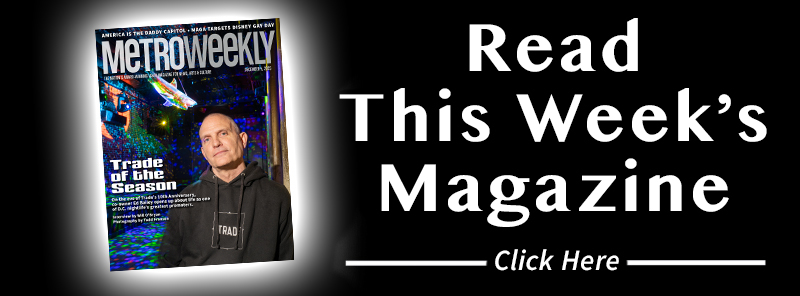

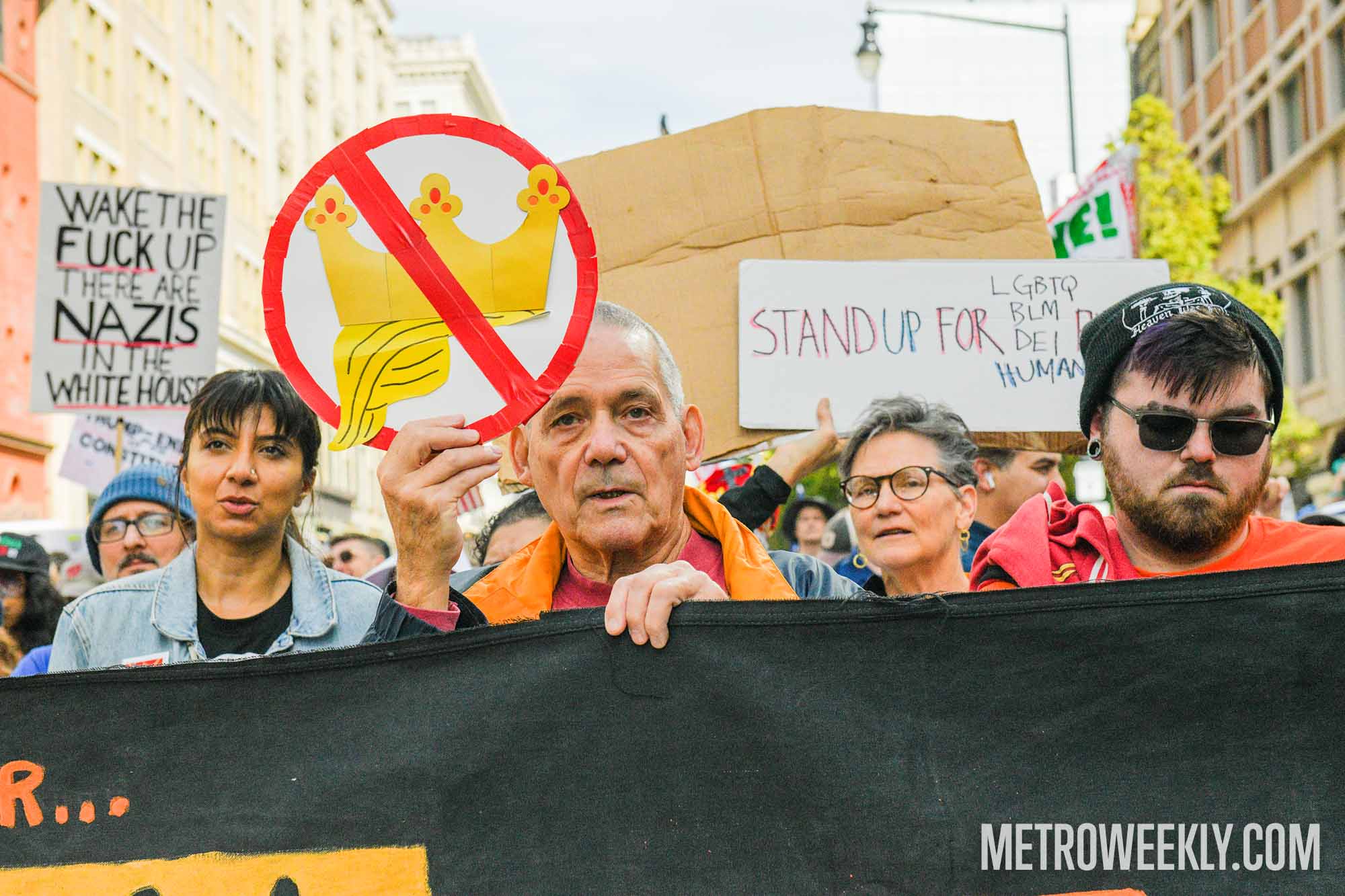
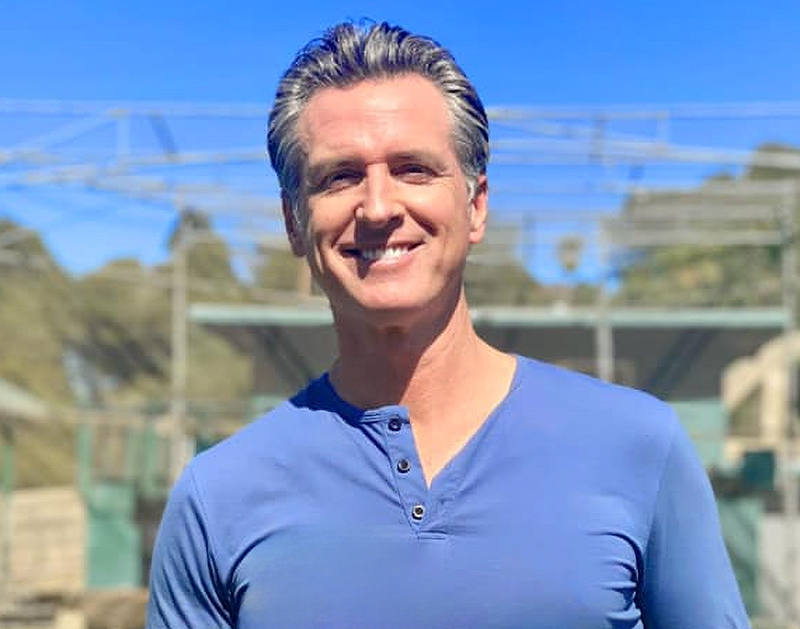














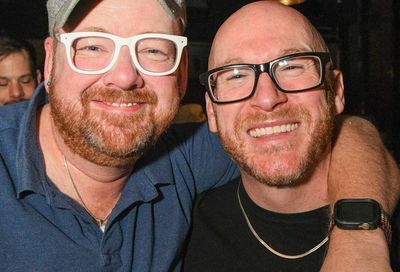
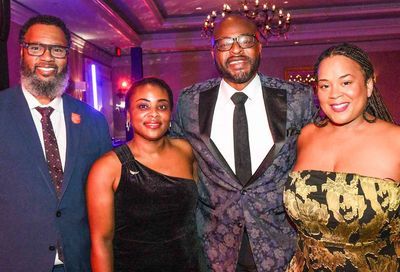
You must be logged in to post a comment.